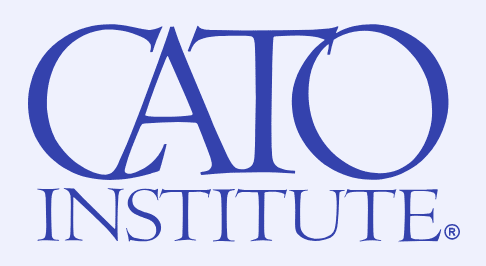On July 9, 2024, the Cato Institute is holding a conference entitled “NATO at 75, Rebalancing the Transatlantic Alliance.” That title should come as a surprise to committed libertarians. When the modern libertarian movement emerged after World War II, one prominent feature was that those individuals embraced the traditional foreign policy of the Founding Fathers. The Founders’ vision was epitomized by two documents. One was George Washington’s Farewell Address, in which he stated, “The great rule of conduct for us in regard to foreign nations is in extending our commercial relations, to have with them as little political connection as possible…It is our true policy to steer clear of permanent alliances with any portion of the foreign world.” The other crucial expression of principle was Thomas Jefferson’s First Inaugural Address, in which he emphasized that the policy of the United States should be “peace, friendship, and honest commerce with all nations, entangling alliances with none.”
NATO and the assortment of other military alliances that U.S. leaders created after World War II were the antithesis of that set of values. The post-World War II era of pactomania made the United States responsible for the defense of dozens of nations and entangled the United States in several foreign conflicts. The founders of the modern libertarian movement rejected the now fashionable notion that the United States had a moral obligation to police the planet, defend a growing roster of “allies” (who were actually parasitic security dependents,) and meddle in a wide assortment of foreign quarrels.
My own experience in defining and implementing a libertarian position on U.S. foreign policy, especially NATO, confirmed how strong was the commitment of these early libertarians to the foreign policy principles of the republic’s Founders. Several libertarian foreign policy experts such as Harry Elmer Barnes and Charles Callan Tansill were embraced by these new libertarians to make the case that U.S. involvement in World War I and World War II had been detrimental to America’s values and best interests. A global interventionist foreign policy, they believed, would perpetuate and exacerbate such problems. Influential thinkers on foreign policy during the initial revival of libertarianism included Ralph Raico and Roy Childs. The latter took the lead in dealing with foreign policy issues for the Cato Institute when it was founded in 1977. Those two scholars, along with Cato founders Ed Crane and David Boaz, made revival of America’s traditional non-interventionist foreign policy a high priority. When I joined Cato, along with Reagan administration alumni Doug Bandow and Bill Niskanen in the 1980s, we reinforced the libertarian commitment to a peaceful, non-interventionist foreign policy for the United States.
Unfortunately, the Cato Institute (and the libertarian movement generally) has drifted away from that commitment in recent years. Some self-proclaimed libertarians even endorsed U.S. involvement in the two Iraq wars and the two Balkan wars. More recently, many of those same individuals (as well as some new recruits) have favored aiding Ukraine in its war against Russia.
The scheduled conference marking NATO’s 75th anniversary also highlights the ideological change that has occurred over the past several years. For example, earlier Cato scholars would have had little interest in “rebalancing” the Trans-Atlantic Alliance. Instead, the goal of Cato scholars was to orchestrate policy changes that would gradually enable the United States to withdraw its membership in NATO. They realized that NATO was the epitome of an entangling alliance; precisely the kind of entanglement in foreign conflicts that poses a threat to America’s peace and liberty. True, Cato scholars also echoed a point made by some other NATO critics that there was a lack of burden sharing in the alliance and that the European countries engaged in shameless free-riding on the expenditures of American taxpayers and the efforts of the American military. But for true libertarians, that lack of burden sharing was a secondary objection, not the primary one; much less the sole one to America’s security entanglement. The primary goal for genuine libertarians was—and is—ending U.S. membership in NATO and similar alliances. Unfortunately, for too many libertarians, including Cato scholars, burden-sharing has become the primary concern about U.S. involvement in the alliance, and greater burden-sharing is now their main goal.

































